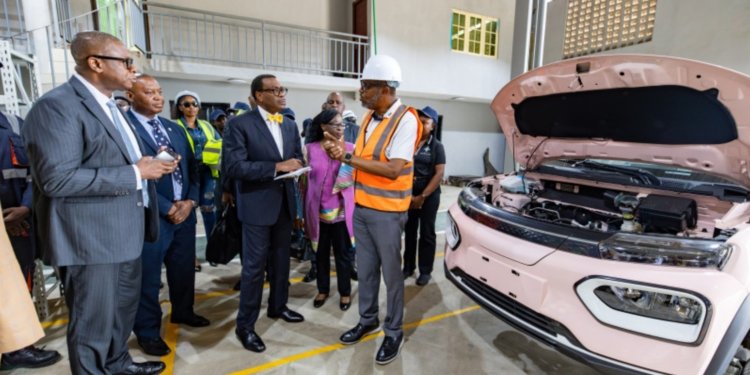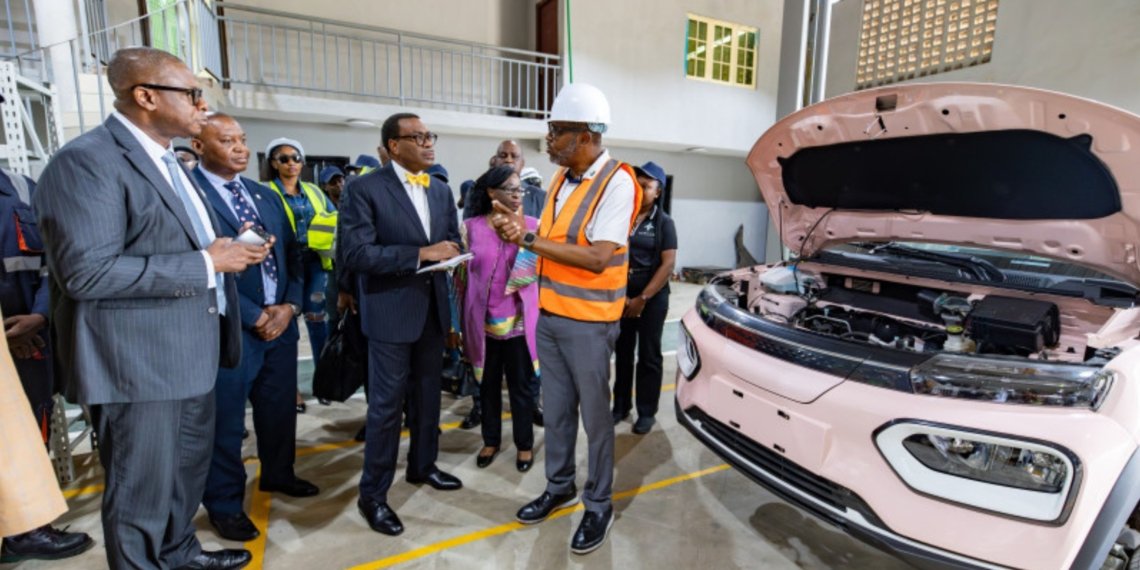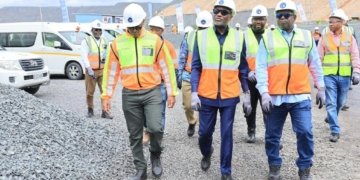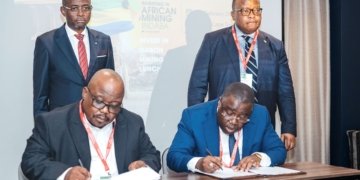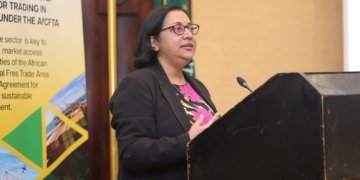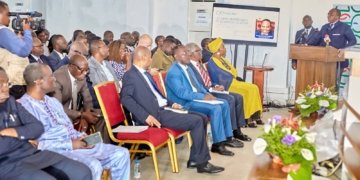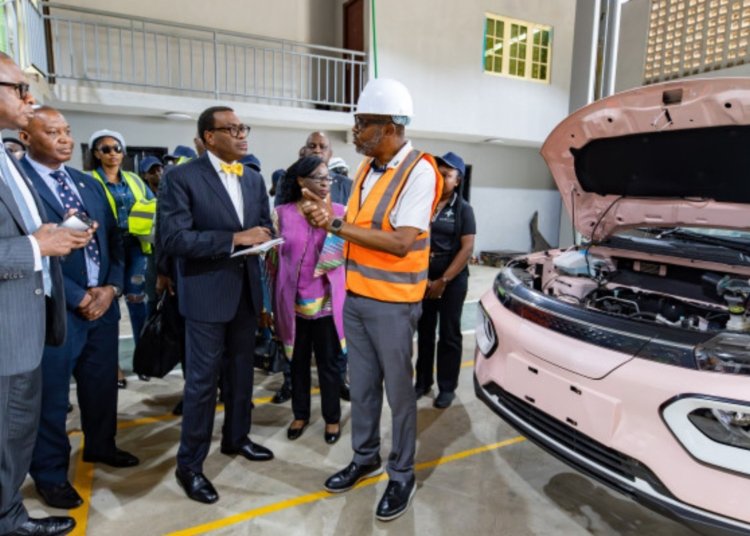Nigeria’s electric vehicle sector is attracting international partnerships and diaspora investment as the continent positions itself for the global energy transition, despite facing significant financial and infrastructure barriers.
The challenges confronting African automotive development became clear during African Development Bank (AfDB) President Dr. Akinwumi Adesina’s recent visit to Saglev Electromobility Nigeria Limited, an electric vehicle assembly plant in Lagos, Nigeria.
The facility produces EVs from semi-knocked-down components through a technical partnership with a Chinese automobile group.
Saglev’s 2,500-vehicle annual capacity, expandable to 10,000 across multiple shifts, illustrates both the potential and constraints facing African manufacturers.
The company targets Nigeria and other emerging markets but operates within a sector hampered by fiscal policy issues, logistics challenges, limited access to finance, and inadequate local manufacturing capacity for critical components.
Africa’s renewable energy resources position the continent favorably for electric vehicle adoption.
The region holds 11 terawatts of solar radiation potential, 350 gigawatts of hydroelectric capacity, 150 gigawatts of wind potential, and 15 gigawatts of geothermal resources.
“Electric vehicles run on electricity, and that is why at the African Development Bank, in the last 10 years, we have connected more than 28 million people to electricity,” Adesina said during his facility tour.
The global electric vehicle market, currently valued at $7 trillion, is projected to reach $59 trillion by 2050, creating significant opportunities for African manufacturers who can overcome financing obstacles.
Capital costs remain a major barrier
Borrowing costs in Africa run three to five times higher than other regions, forcing entrepreneurs to rely heavily on personal investment, according to the AfDB.
According to Adesina, the bank addresses this through risk-reduction facilities and credit lines with commercial banks.
“We have a lot of facilities that can do that. We also have lines of credit we provide for commercial banks, many of them in Nigeria, that are able to support us as well,” he said.
Diaspora investment is becoming increasingly important to the sector’s development.
Saglev CEO Dr. Sam Faleye, a Nigerian-American physician who practiced internal medicine in the United States for 28 years, exemplifies this trend by returning to establish manufacturing operations.
While Africa receives approximately $91 billion in diaspora remittances annually, returning professionals bring technical knowledge and industry expertise that proves equally valuable for industrial development.
August 6, 2025, Lagos, Nigeria – Bantu Gazette
